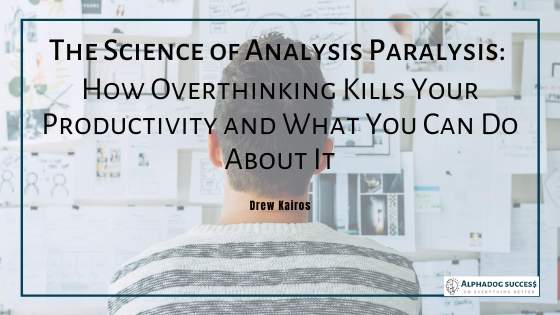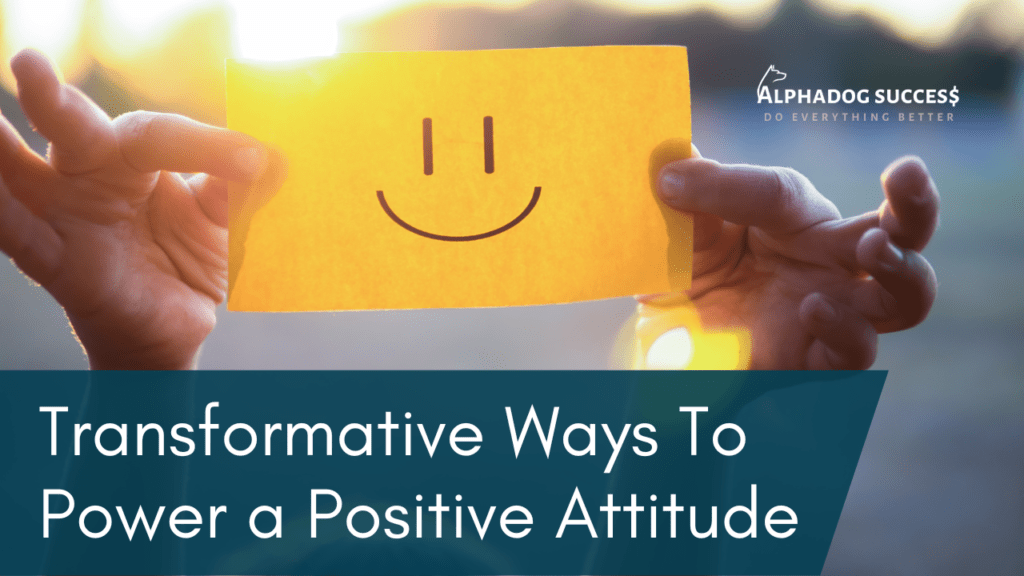Information overload is killing your momentum. Here’s how to fix it.

You Don’t Need More Ideas. You Need Fewer Tabs Open
Overthinking is the silent killer of productivity. In a world overflowing with options, research, and how-to videos, it’s easy to confuse thinking with doing.
But all that analysis? It costs you more than time.
This post breaks down the neuroscience of overthinking, and how it drains your creativity, energy, and momentum – along with 6 proven strategies to take back control.
The High Cost of Overthinking
1. It Destroys Performance
Overanalyzing burns through your working memory (like RAM for your brain). The more pressure you feel to “get it right,” the harder it becomes to think clearly or act decisively.
High-stakes pressure causes cognitive overload, reducing your ability to perform complex tasks. Think of it as mental lag.
2. It Blocks Creativity
Stanford research shows your brain’s creativity center shuts down when your prefrontal cortex is overstimulated.
The more you try to “be creative,” the less creative you actually are. Flow states require space, not scrutiny.
3. It Drains Your Willpower
Every tiny decision you make chips away at your mental fuel tank. This is called decision fatigue.
Studies on parole judges revealed that decision quality drops throughout the day and spikes again only after food breaks. Your brain needs boundaries and fuel to make good choices.
4. It Robs You of Joy
Gretchen Rubin of The Happiness Project says: “Satisficers make a decision once their criteria are met. When they find the hotel or the pasta sauce with the qualities they want, they’re satisfied.”
In contrast, “Maximizers want to make the best possible decision; even if they see a bicycle that meets their requirements, they can’t make a decision until they’ve examined every option.”
Overthinkers tend to be “Maximizers” — people who obsess over the best possible choice.
But research shows that “Satisficers” (those who pick good-enough options) are:
- Less anxious
- More confident
- Significantly happier with their choices
Bottom line: chasing perfection makes you miserable.
Ready to Stop Overthinking and Start Leading?
Take the Alpha Archetype Quiz to find out what’s actually driving your decision fatigue and how to fix it fast.
👉 Take the Quiz Now
Download the free 7-Day Mental Discipline Jumpstart to retrain your brain for clarity, focus, and follow-through.
👉 Get the Free Guide
Or dive deeper with The Trained Mind—your blueprint for unshakable focus and mental mastery.
👉 Explore the Course
6 Science-Backed Ways to Beat Overthinking (and Start Doing)
1. Frontload Important Decisions
Your brain is sharpest early in the day. Make high-value decisions in the morning while your willpower is strong.
Create routines around basic decisions (what to eat, what to wear) so you can save brainpower for what matters.
2. Limit Your Input
Don’t fall into the 37-tab rabbit hole. Set limits before you research.
- Define your objective
- Choose 3 reliable sources
- Stop when you have enough to act
Learning isn’t collecting links. It’s using what you already know.
3. Use Real Deadlines With Accountability
Parkinson’s Law: “Work expands to fill the time available.”
Self-imposed deadlines are weak without consequence. Tell a friend. Announce it publicly. Put your reputation or wallet on the line if you need to.
4. Align Decisions With Core Priorities
Filter every choice through your highest priority right now: income, health, freedom, growth?
If a decision doesn’t support your #1 priority, it’s not worth agonizing over.
Need clarity? Take the Alpha Archetype Quiz to uncover your dominant drive.
5. Phone a Friend (Literally)
Studies show other people are often better at predicting your satisfaction with a choice than you are.
Talk it out with someone you trust. Plus, explaining your options out loud forces clarity.
6. Make the Decision Right (Not Perfect)
The power isn’t in “picking right.” It’s in committing to what you choose.
Action creates clarity. Motion builds momentum. Progress is the best antidote to doubt.
“A wealth of information creates a poverty of attention.”
— Herbert Simon
Next Steps
Want to train your brain to focus with power and clarity?
- Take the Alpha Archetype Quiz
- Download the Free 7-Day Mental Discipline Jumpstart
- Explore The Trained Mind Course

Throughout my life there have been fundamental beliefs, ideas and principles that have helped me achieve success in many respects. I’ve benefited from many different schools of thought and learned from mentors of all different backgrounds and philosophies. The way I live my life and the concepts I teach are a reflection of these different points of view.


